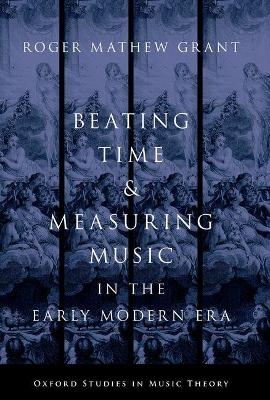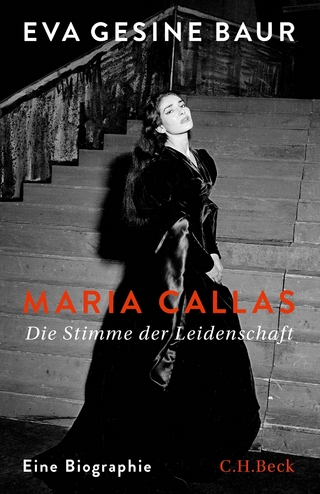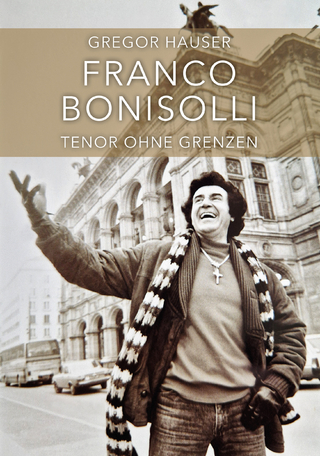
Beating Time & Measuring Music in the Early Modern Era
Oxford University Press Inc (Verlag)
978-0-19-085846-9 (ISBN)
During the long eighteenth century, treatises on subjects such as aesthetics, music theory, mathematics, and natural philosophy began to reflect an understanding of time as an absolute quantity, independent of events. This gradual but conclusive change had a profound impact on the network of ideas connecting time, meter, character, and tempo. Investigating the impacts of this change, Grant explores the timekeeping techniques - musical and otherwise - that implemented this conceptual shift, both technologically and materially.
Bringing together diverse strands of thought in a broader intellectual history of temporality, Grant's study fills an unexpected yet conspicuous gap in the history of music theory, and is essential reading for music theorists and composers as well as historical musicologists and practitioners of historically informed performance.
Roger Mathew Grant is Assistant Professor of Music at Wesleyan University. A recent graduate of the University of Pennsylvania (PhD 2010) his research focuses on the relationships between eighteenth-century music theory, Enlightenment aesthetics, and early modern science. His journal articles have appeared in Music Theory Spectrum, Eighteenth-Century Music, and the Journal of Music Theory. A former Junior Fellow of the University of Michigan's Society of Fellows, he was the fourth musicologist ever to hold a fellowship in the forty-year history of the Society.
Table of Contents
Acknowledgements
Introduction
A History of Meter Theory, Or, the Rules of the Rules
Reading in the Dark
Part I
1. Beating Time
Themes in Meter Theory, 1500-1700
The Theoretical Work of the Beat
The Organizing Principle of Meter Theory: Four Approaches
"Honor Them All": On the Use (and Misuse?) of Meter Theory
2. The Beat: A Technical History
A Technical and Physical Solution
A Problem of Continuity
The Techn? of the Beat.
Re-reading Zarlino
3. A Renewed Account of Unequal Triple Meter
Equality
Inequality
Part II
4. Measuring Music
Meter, Measure, and Motion in Eighteenth-Century Music Theory
A Transformation in Time
A Multiplicity of Measures
Kirnberger's Contribution
5. Techniques for Keeping Time
The Problem of Tempo
Timekeeping Two Ways: 1. Chronometers
Timekeeping Two Ways: 2. Taxonomies of Meter
6. The Eighteenth-Century Alla Breve
A Rather Vague Indication
Long-Note Music in the Eighteenth Century
Long Notes in Eighteenth-Century Music
Part III
7. The Reinvention of Tempo
A New Chronometer?
Meter, Tempo, Number
Length Into Duration, Duration Into Length: A Crisis of Measures
Maelzel's Metronome
8. The Persistent Question of Meter
The Measure as Mystery
Meter as Attention, Activity, Aesthesis
Fétis and the Future
Appendices
Bibliography
| Erscheinungsdatum | 15.02.2018 |
|---|---|
| Reihe/Serie | Oxford Studies in Music Theory |
| Zusatzinfo | 36 music examples; 30 plates |
| Verlagsort | New York |
| Sprache | englisch |
| Maße | 231 x 155 mm |
| Gewicht | 458 g |
| Themenwelt | Kunst / Musik / Theater ► Musik ► Klassik / Oper / Musical |
| Kunst / Musik / Theater ► Musik ► Musiktheorie / Musiklehre | |
| ISBN-10 | 0-19-085846-X / 019085846X |
| ISBN-13 | 978-0-19-085846-9 / 9780190858469 |
| Zustand | Neuware |
| Haben Sie eine Frage zum Produkt? |
aus dem Bereich


